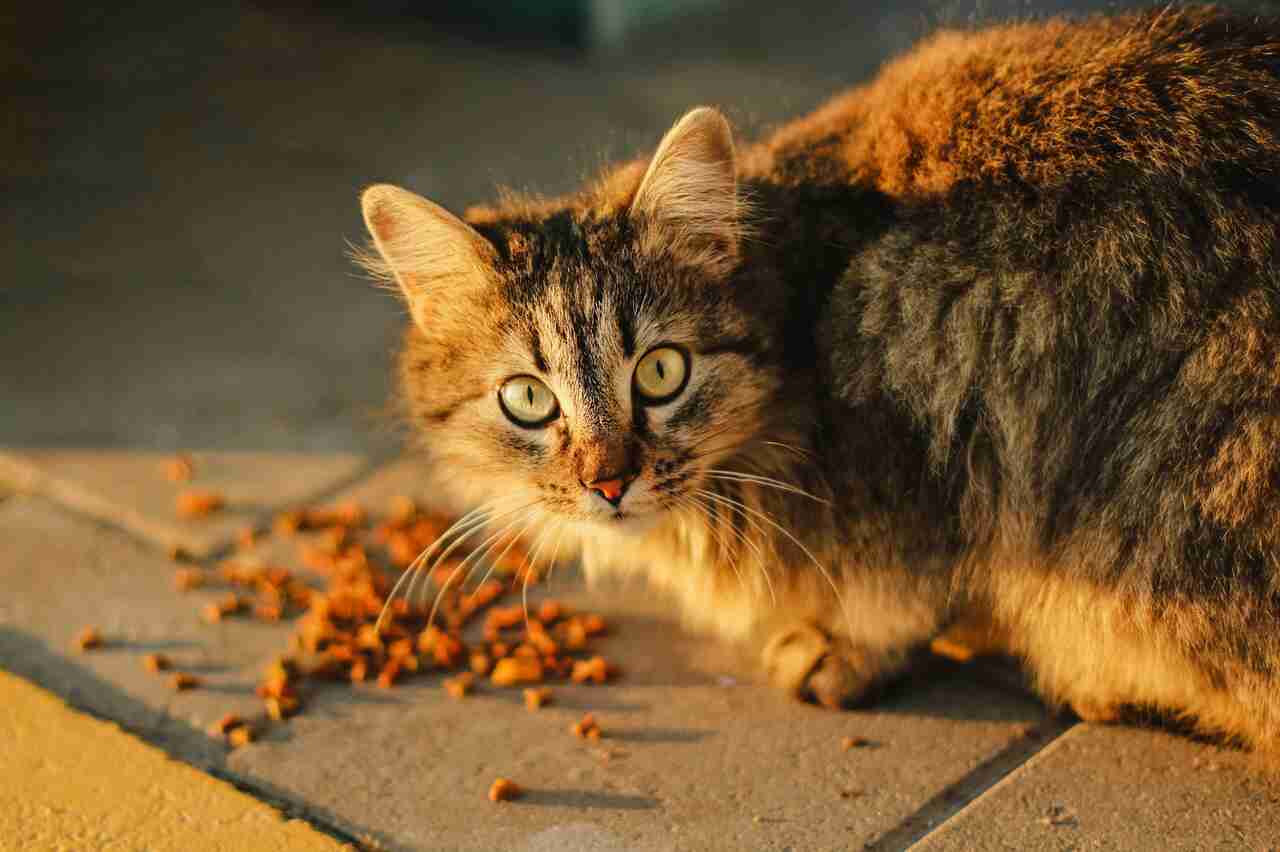
Contrary to popular belief that cats are indifferent creatures, felines can suffer from anxiety, just like any living creature.
+ Highest dog in the world dies days after record recognized
+ Cute video: bull and cow share the most lewd kiss you’ve ever seen
Changes in the environment, loud noises, new pets or family members, and even routine veterinary visits can trigger anxiety in cats. While behavioral interventions and environmental adjustments can help, their diet also plays an important role.
In an article published on the Pet United website, Dr. Jean Morris gave some examples of natural foods to help reduce the symptoms of your cat’s anxiety. Check them out:
1. Turkey
Turkey is a source of tryptophan, an amino acid that helps produce serotonin, a neurotransmitter associated with feelings of happiness and well-being.
By including turkey in your cat’s diet, you can naturally increase serotonin levels, potentially reducing anxiety.
However, lean cuts of turkey are preferable to avoid excess fat, which can lead to obesity and other health problems.
2. Chicken
Chicken is another excellent source of tryptophan, making it a valuable addition to a calming diet for cats. Rich in protein and low in fat, chicken helps maintain energy levels and muscle health while contributing to a more relaxed mood.
3. Salmon
Rich in omega-3 fatty acids, salmon is not only beneficial for your cat’s skin and coat, but it also has anti-inflammatory properties that can help reduce stress.
“Omega-3s play a crucial role in brain health, improving mood and cognitive function. Regular inclusion of salmon in your cat’s diet can help them feel more relaxed and less prone to anxiety,” explained Morris.
4. Chamomile
Chamomile is known for its calming properties in humans and can have similar effects on cats. In addition to soothing the digestive tract, chamomile also has mild sedative properties that can promote relaxation.
“Offering chamomile tea (cooled and in small amounts) or finding cat foods that include chamomile as an ingredient can help reduce anxiety,” noted Morris.
5. Catnip
Catnip contains nepetalactone, a “feel-good” stimulant that mimics pheromones, which can have a stimulating effect followed by a period of relaxation in cats.
Although not all cats respond to catnip, those that do may find it a useful tool for reducing stress. Therefore, offering catnip in moderation can help some cats relax and reduce anxiety.
6. Spinach
Spinach is rich in magnesium, which is crucial for nerve and muscle function. Magnesium deficiency can cause muscle tension and nervous system imbalances, which can increase anxiety.
With this in mind, including spinach in your cat’s diet can help ensure he gets enough magnesium, contributing to a more relaxed state.
7. Sweet Potato
Sweet potato provides complex carbohydrates that help stabilize blood sugar levels, preventing mood swings that can arise due to glucose level fluctuations.
They also offer a steady source of energy, which can help keep your cat’s mood stable. Additionally, sweet potatoes are rich in vitamins and minerals that support overall health.
8. Pumpkin
Pumpkin is an excellent source of fiber, which aids in digestive health. A healthy gut is closely linked to a stable mood, as digestive issues can often worsen anxiety.
Pumpkin also contains antioxidants that reduce inflammation and support overall health. Adding a small amount of pumpkin puree to your cat’s meals can promote digestive health and contribute to calmer behavior.
9. Blueberries
Blueberries are packed with antioxidants and vitamins that can help reduce oxidative stress, which is linked to anxiety and other stress-related issues.
Incorporating a small amount of blueberries into your cat’s diet can provide a natural boost of calming antioxidants. However, be sure to introduce them to your cat’s diet slowly to avoid digestive issues.
This content was created with the help of AI

